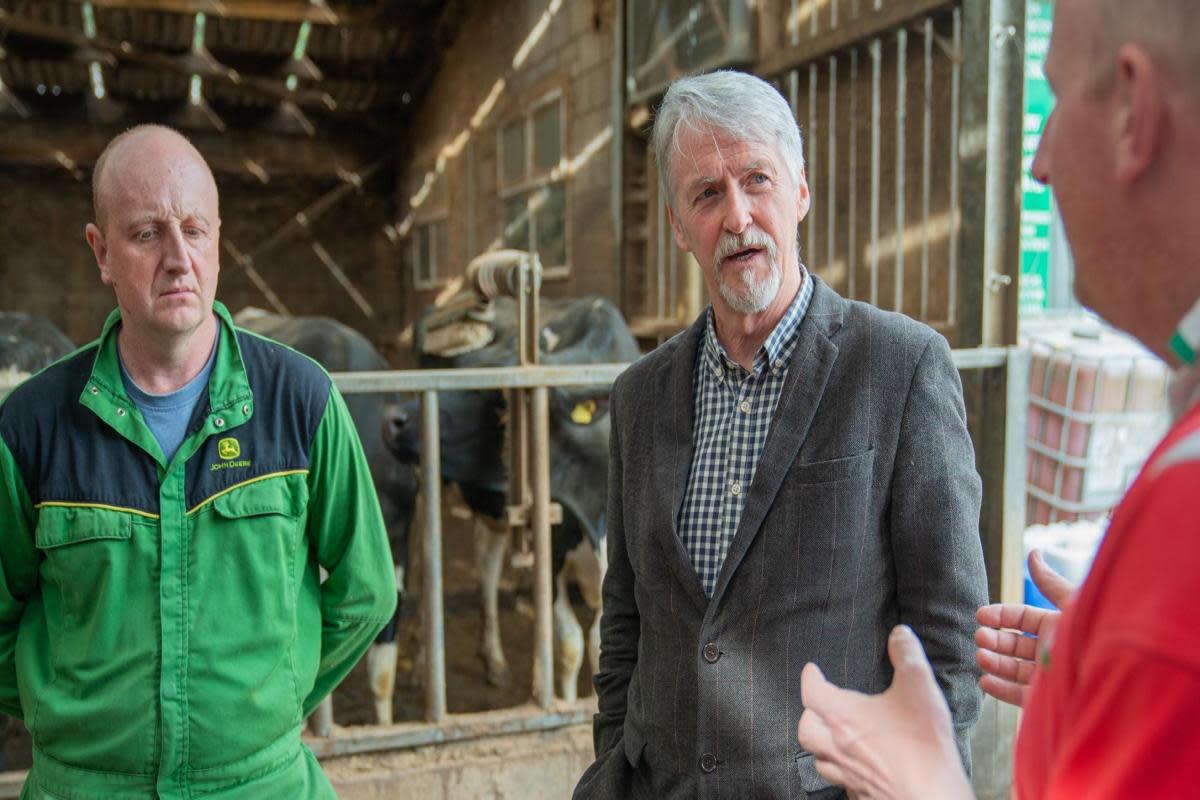New changes aim to reduce on-farm cow slaughter in Wales

Changes have come into effect relating to the killing of cows with bovine TB in Wales.
The Bovine TB Technical Advisory Group’s (TAG) first meeting on April 17 resulted in changes to the current policy on on-farm slaughter of TB reactors.
Cabinet secretary for climate change and rural affairs, Huw Irranca-Davies, has embraced the TAG’s suggestions.
The purpose of these revisions is to lessen the number of cattle slaughtered on farms in Wales.
The main reasons for on-farm slaughtering of cattle for TB management include the cattle being unable to travel due to health, especially during late pregnancy, or due to withdrawal periods for medication.
Farmers now have the option of postponing the removal of a cow or heifer in the last 60 days of pregnancy and animals that have given birth in the past 7 days, provided there are biosecurity measures in place to protect the remaining cattle.
There is also limited flexibility for isolating and delaying removal close to the end of a medication withdrawal period, evaluated on an individual basis.
The Welsh Government, NFU Cymru, FUW, and other key representatives from the cattle sector will establish an industry-led partnership work group.
The focus will be minimising the impacts of on-farm slaughtering through collaborative design and execution.
The Rural Affairs Secretary, to understand the direct impact of TB breakdown, recently visited Rhadyr Farm, Usk which has been affected by TB breakdown.
Alongside the family, he met with Farming Unions and vets to gauge multiple perspectives on TB and on-farm slaughtering.
The cabinet secretary, said: "We recognise the devastation a TB breakdown brings to a farming family and business.
"The slaughter of cattle on-farm can be particularly distressing to those who witness it and can have a detrimental impact on farmers’ and farmworkers’ wellbeing and mental health.
"Recognising the impact on farmers, their families and their businesses It is at the forefront of my mind.
"I’d like to thank the TAG for working at pace to deliver these recommendations on such a sensitive subject.
"We can now start to work on exploring where positive changes can be made to the TB programme.
"We cannot eradicate TB alone.
"Partnership working with farmers and vets is crucial to reaching the shared goal of a TB-free Wales."

 Yahoo News
Yahoo News 
